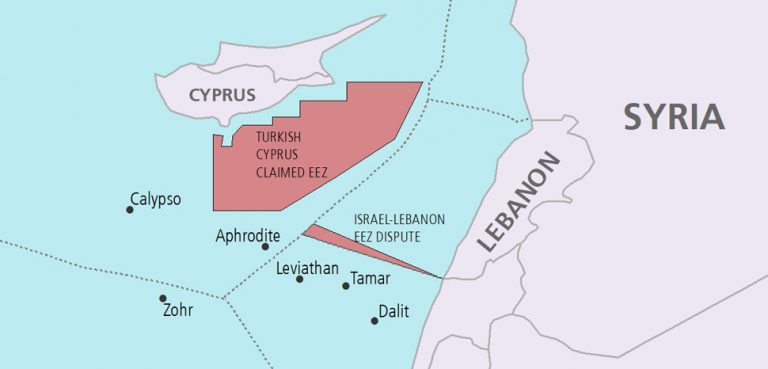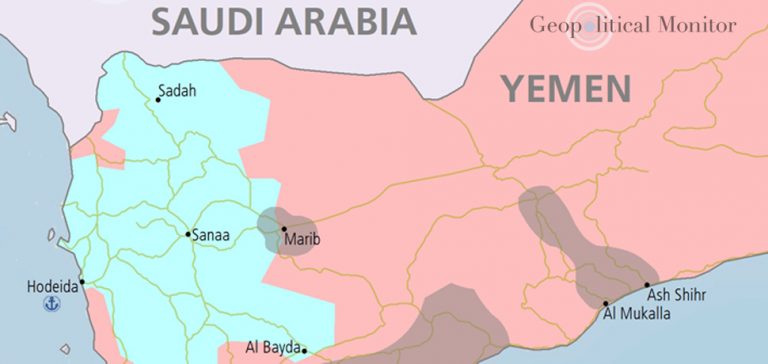
A tale of two peace talks
There are two competing peace processes for the Syrian civil war, and neither has been able to deliver anything resembling a credible settlement thus far.
The UN process is ongoing in Geneva, but progress has ground to a halt on opposition demands that President Bashar al-Assad not be given any role in an interim post-war government. Their unwavering position eventually led to a walkout by the Syrian delegation in early December, calling into question the future of the talks.
There had been hope in some corners of the Assad coalition that opposition groups would soften their stance given the ground-level realities of the government’s military victories in 2017. Now that a change of heart is obviously not in the cards, the spotlight is back on Russian-led peace efforts, which also have been struggling to make headway over the past six months.
Most recently Russia is organizing a round of talks in Sochi slated to begin at the end of January, but these talks will not have all of the major players at the table. For one they will be missing representatives from a coalition of around 40 rebel groups who have joined together in their refusal to attend, denouncing the Russia-led effort as a diversion from UN-directed talks and fundamentally biased given Russia’s role in the Syrian civil war. Representatives from Kurdish groups will also be absent at the request of the Turkish government, which will be sending its own delegation to the Sochi talks along with Iran.



